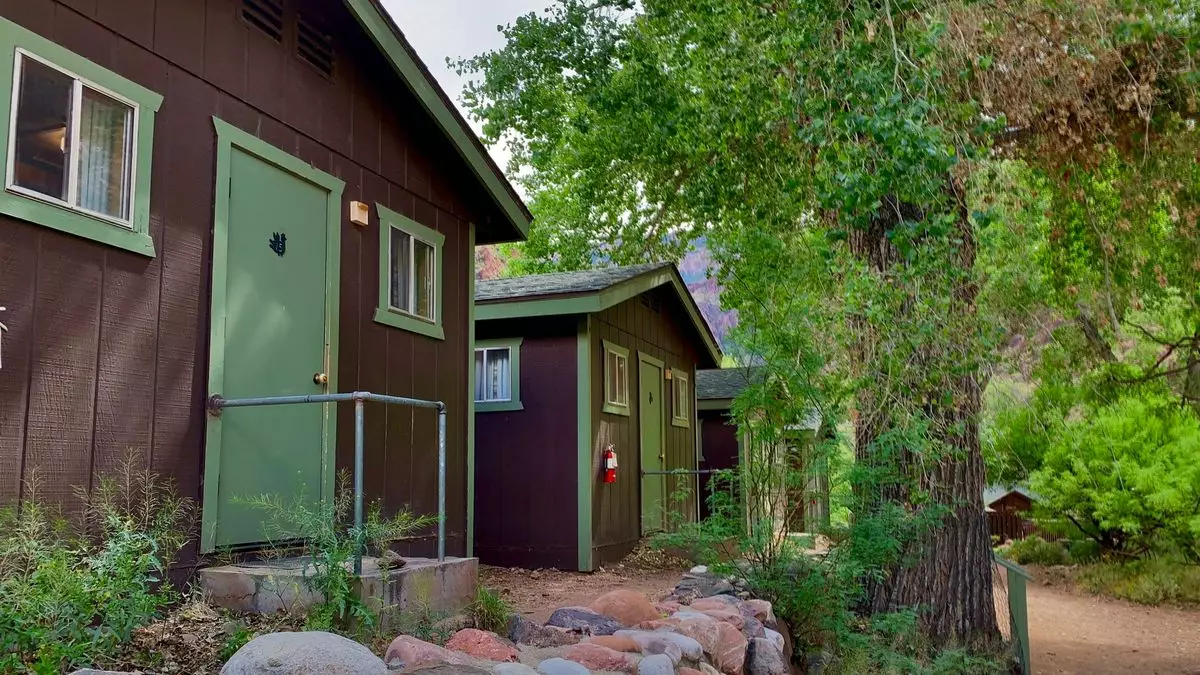Recently, the Grand Canyon National Park made a crucial announcement regarding the suspension of all overnight accommodations on the South Rim due to a severe water shortage. This decision, effective from Aug. 29 onwards, comes as a response to a series of “significant breaks” in the 12.5-mile Transcanyon Waterline, the park’s primary water supply system. The impact of this suspension affects various accommodations, including El Tovar, Bright Angel Lodge, Maswik Lodge, Phantom Ranch, Yavapai Lodge, and Trailer Village, causing an inconvenience for visitors planning to stay overnight.
The temporary halt in overnight accommodations on the South Rim has been initiated by the park management to address the issues related to the water shortage. As a result, visitors staying in the affected lodges operated by Xanterra Travel Collection and Delaware North will have to make alternative arrangements until operations resume after Sept. 4. This move aims to ensure the safety and convenience of guests during this challenging period, despite the inconvenience caused by the sudden suspension of services.
While overnight accommodations are suspended, day use of the park remains unaffected, allowing visitors to access South Rim food and beverage services, the Grand Canyon Clinic, and the Post Office as usual. However, for camping enthusiasts, only dry camping will be permitted on the South Rim, with campground spigots turned off to conserve water. Despite this restriction, bathroom faucets will remain operational for the convenience of campers during their stay.
In response to the water shortage and to prevent any potential hazards, the park management has implemented a fire ban on the South Rim and inner canyon areas. This ban prohibits all wood burning and charcoal fires, including campfires, warming fires, and barbecues, to minimize the risk of wildfires during this period. While these restrictions may inconvenience some visitors, they are necessary measures to ensure the safety and preservation of the park’s natural environment.
Looking ahead, the National Park Service has initiated a significant rehabilitation project for the Transcanyon Waterline, with a budget of $208 million allocated for the construction. This rehabilitation project, expected to be completed in 2027, aims to address the issues with the aging water supply infrastructure that has led to the current water shortage crisis. By investing in long-term solutions, the park management hopes to prevent similar incidents in the future and ensure the sustainable management of water resources in the Grand Canyon National Park.

